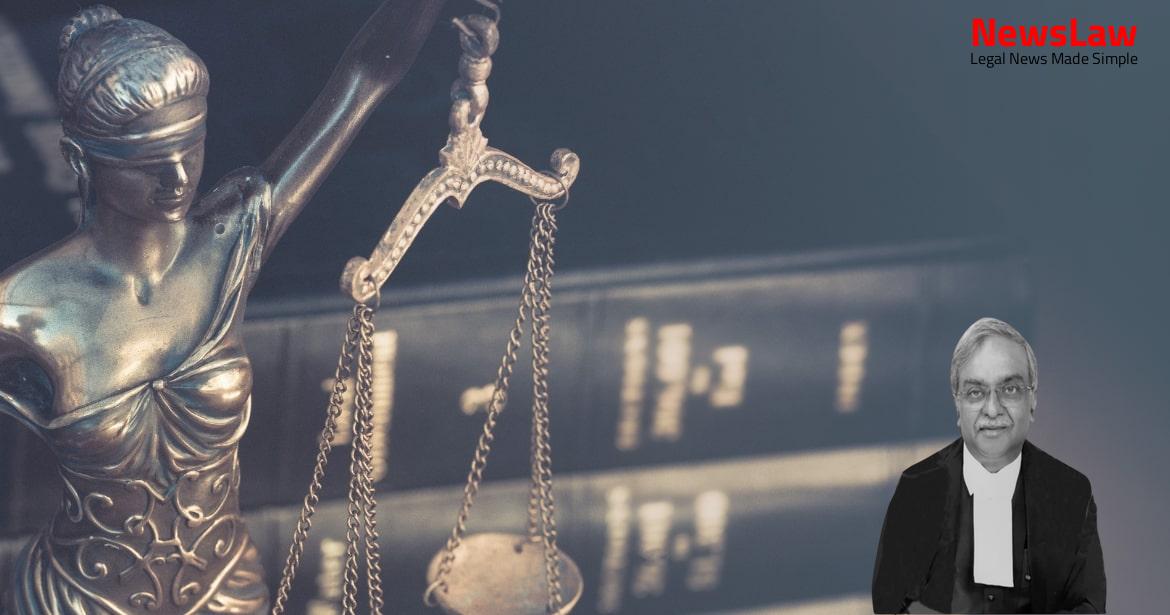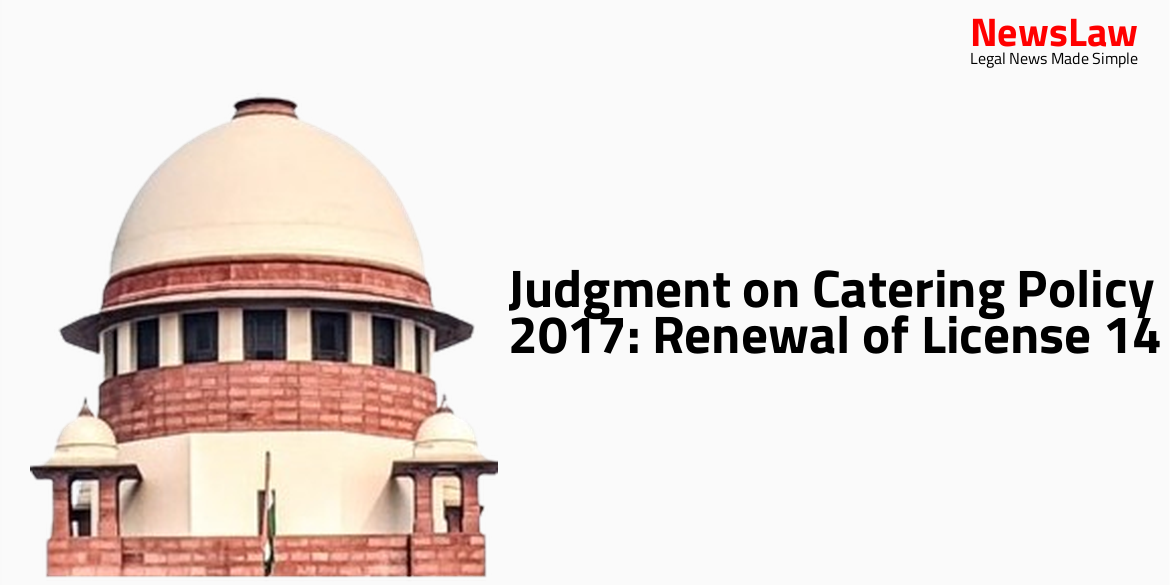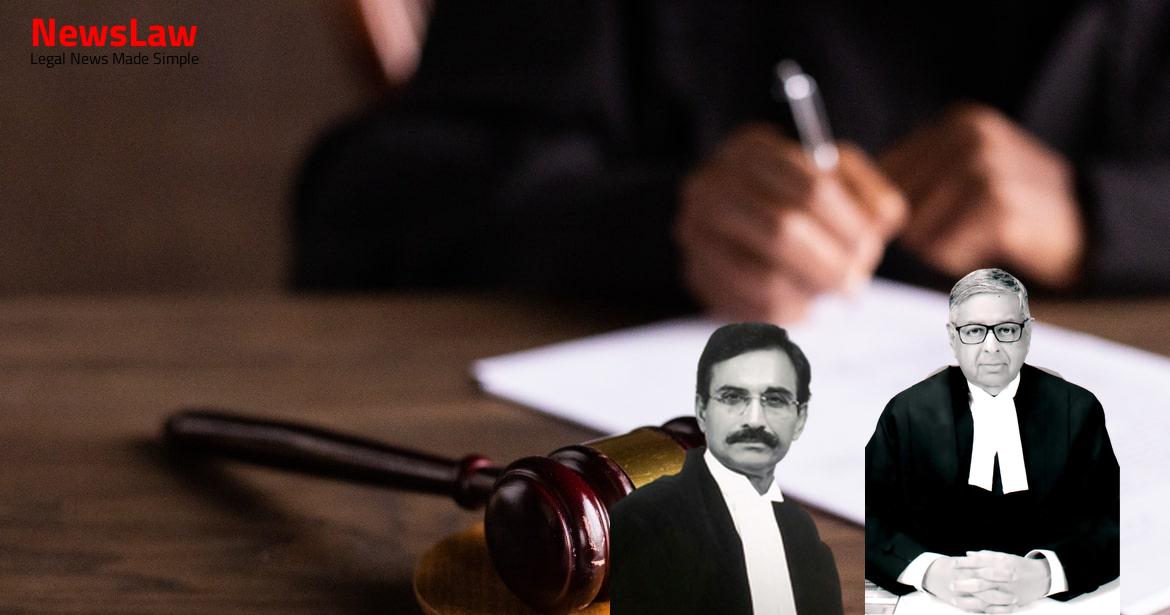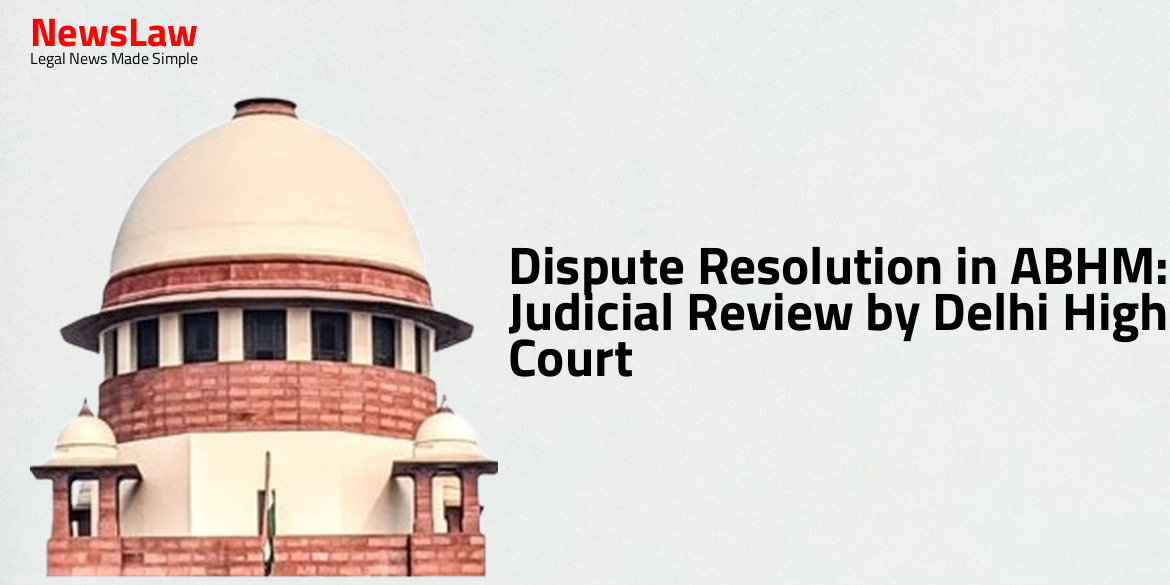In a significant legal battle over land ownership, the Supreme Court of India has granted relief to Dam Dama Baba Sahib Singh of Una. The case involves a dispute regarding the rightful ownership of land, with unknown parties claiming ownership rights. The Court’s decision to uphold the Civil Court’s jurisdiction in determining the land ownership marks a crucial development in this complex legal scenario.
Facts
- The appellants, followers of the shrine Dam Dama Baba Sahib Singh of Una, filed a suit for declaration and perpetual injunction.
- The land in question was allegedly dedicated to the religious and charitable institution Dam Dama Sahib of Una.
- The appellants claimed that Baba Madhusudan Singh transferred portions of the land against the rightful ownership.
- The Trial Court framed various issues, including the jurisdiction to try the suit under the Land Reforms Act.
- The appellants argued that the transfers were illegal and not binding on the worshippers of the shrine.
- The High Court set aside the judgment of the Additional District Judge, stating that Civil Court’s jurisdiction was barred under Section 21 of the Punjab Land Reforms Act, 1972.
- The High Court emphasized that appellants did not challenge the order declaring the land surplus before the appropriate authorities under the Act.
- The High Court concluded that the Civil Court’s jurisdiction was barred under Section 21 of the Land Reforms Act.
- The suit was dismissed by the Trial Court on 15.12.1980 as the appellants failed to prove that the land was dedicated to a religious and charitable institution.
- The Appellate Court determined that 133/290 share of the land in the suit belonged to Dam Dama Baba Sahib Singh of Una.
Also Read: Interpretation of Drawer Liability: Company vs. Authorized Signatory
Analysis
- 1.1
- High Court’s error in dismissing the suit based on the Civil Court’s jurisdiction being barred by Section 21 of the Land Reforms Act was noted.
- Jurisdiction issue was not raised by the respondents during Trial Court proceedings.
- Trial Court had already decided in favor of the plaintiffs after recording that the jurisdiction issue was not pressed.
- Respondents did not contest this finding in the First Appellate Court.
- Respondents were legally barred from raising the jurisdiction issue in the second appeal before the High Court.
- Section 21 of the Land Reforms Act restricts the jurisdiction of Civil Courts in specific situations
- Civil Courts cannot entertain suits for specific performance of land transfer contracts post the appointed day
- Validity of proceedings or orders under the Act cannot be challenged in any court or authority
- The present suit does not fall under the specified circumstances for barring Civil Court jurisdiction
- Appellants did not challenge the validity of the surplus order.
- The suit was filed for a declaration of ownership of the land.
- The issue at hand was regarding ownership rights rather than the surplus order itself.
- The focus of the case was on determining the rightful owner of the land in question.
Also Read: Land Ownership Dispute: Validity of Sale Deed between Appellant No.1 and Respondent No.1
Decision
- Appeal allowed, Civil Court has jurisdiction to decide ownership of land
- High Court’s order set aside, matter remitted back for fresh consideration on merits
Case Title: UJAGAR SINGH (DEAD) Vs. PUNJAB STATE (2024 INSC 497)
Case Number: C.A. No.-001365-001365 – 2011



